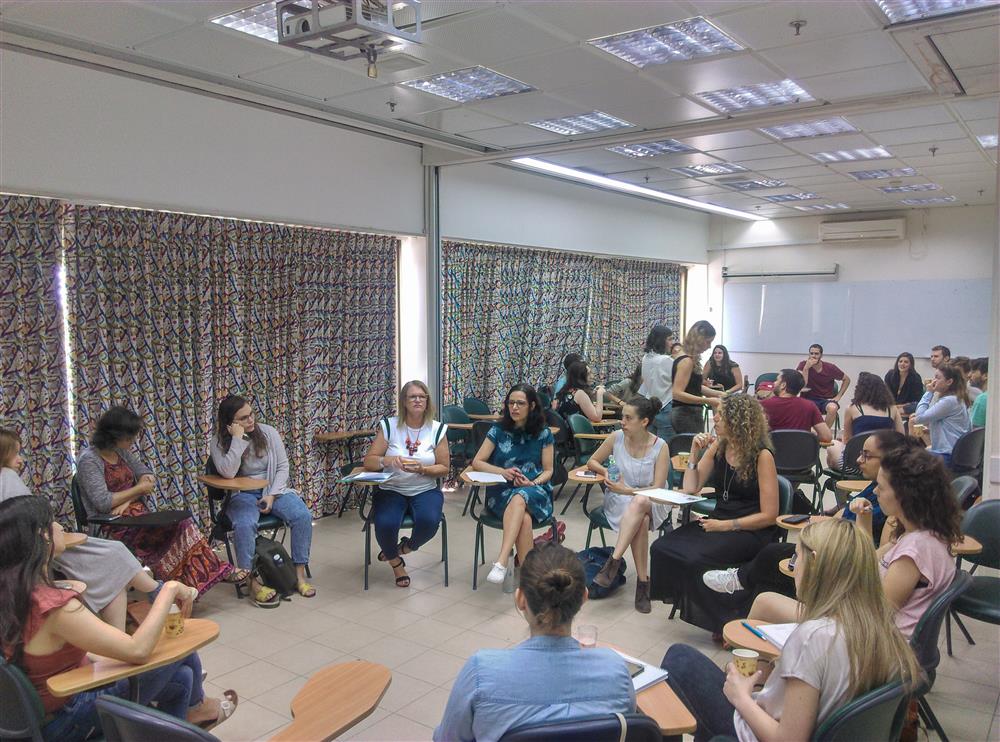Supported education services for people with serious mental health issues
- Solution
- SES Programme
- Organization
- Israel Ministry of Health
- Country of Implementation
- Israel
- Start Year
- 2010
- First published
- 31.01.2020

Solution details
“The mentoring gives me more freedom and order in my mental world.” Student of supported education programme
In 2010, the Israeli Ministry of Health (MoH) began to support education services for persons with severe mental health issues aged 18 to 55. The SES programme, as it is known, is part of the Ministry’s rehabilitation package and is operated by various service providers and universities. Following the formation of a personal rehabilitation plan, professional coordinators assist each individual with academic, emotional, and social challenges during their studies. The policy promotes life-long learning from the completion of secondary education to higher education. In 2018, 2,400 people participated in the SES programme.
Problems Targeted
Research shows that most serious mental health issues are discovered between the ages of 18 and 24. These include such issues as fear of failure, difficulties in social inclusion, and challenges to completing an education.
Solution, Innovation and Impact
In 2000, Israel passed a rehabilitation act targeted at persons with mental health. This was the foundation of various mental health laws, such as the “Supported education policy for adult people with mental health issues in the community.” Specifically, the law envisions a four-part programme. First, higher education mentoring is geared towards students who are already in higher education, and this part is attended by about 220 persons each year. Second, supplementary education services provide coursework for improving Hebrew language skills and basic computer knowledge, and thus enable scholars to complete their education. This part of the programme has about 1,500 students each year. The third part is a preparation course for higher education, attended by about 350 persons each year. Finally, the fourth part is designed to integrate the individual into his or her community and to reduce the digital divide. Service standards are monitored on a monthly basis, and each service recipient is required to fill out a questionnaire to evaluate outcome measures once a year. The data are entered into a Quality Basket Model, which is aimed at incentivizing quality from service providers.
Funding, Outlook and Transferability
The programme cost $3,7 million per year and is budgeted with a 10 per cent annual increase. The MoH is cooperating with various service providers such as Nathan, Eshnav, and Macshava as well as Tel Aviv University, Hebrew University, and Haifa University to implement the programme. In the short term, the MoH intends to increase the annual number of service recipients and to create better access to all academic frameworks. Long-term goals include strengthening the interface between employment and education and promoting the inclusion of programme graduates in the open labour market. JDC Israel, the National Insurance Institute, and the Ministry of Social Affairs are currently building similar projects for other disabilities.
Media
Pictures
Videos
Downloads
Related information
- Connections
- 2
-
Organization
- People